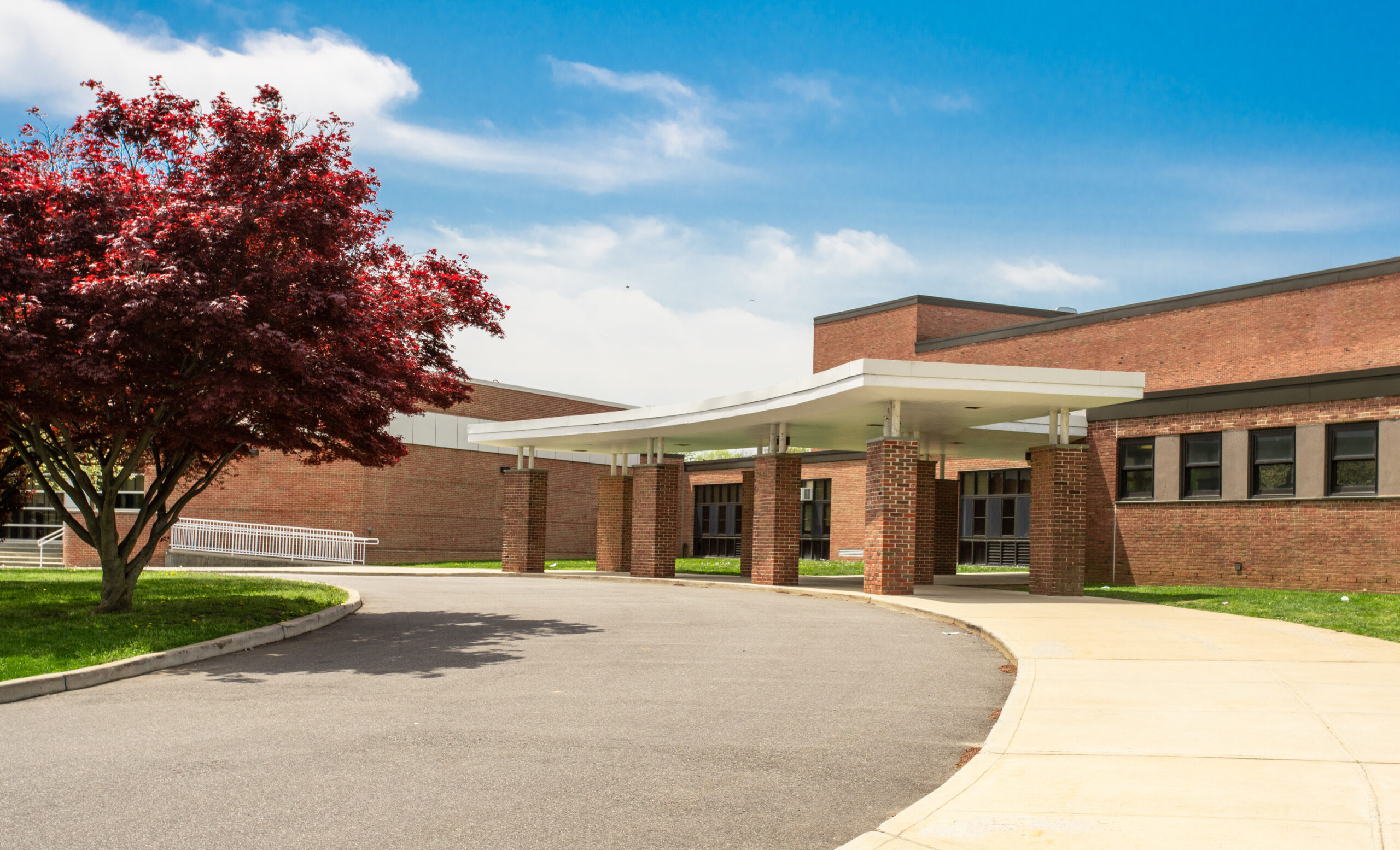TEMPORARY VS. PERMANENT STAFFING: HOW TO CHOOSE WHAT WORKS BEST FOR YOUR ORGANIZATION
Employment Opportunities Aren't One-Size-Fits-All.
Traditional employment usually means working from an office from 9 a.m. to 5 p.m. Monday through Friday, but modern employees are seeking different options, greater flexibility, and nontraditional employment terms. Employers may also be looking for unique solutions to their staffing needs.
When it comes to hiring a new employee, you can hire a temporary worker or a permanent employee. Which one should you choose? Each has their own benefits and while the pros vary from role to role there are some negatives that could lead you to select one type over the others. The main difference between a contract role and a permanent job is your own work "employment status" with the employer.
Temporary Employee Benefits
A temporary position could range from a few hours to as long as a few years, but with temporary employees, you can be certain that there will be an end date for the period of employment.
Temporary employment allows you to hire someone to complete a project, help with specific tasks for a fixed amount of time, or substitute an employee who is on leave. Once the duties have been fulfilled, you are not required to hire the employee. This means that at the end of the employment period, you do not need to lay off or fire the employee, which can lead to additional paperwork or, in some cases, expenses.
Temporary employment can also be a good way to test out new employees to find out if they are a good fit for the company before hiring a permanent person. You can evaluate if they are a good cultural fit, if they are a hard-working employee, or if they make a positive addition to the team before taking them on full-time.
Temporary Employee Drawbacks
Hiring temporary employees may require a lot of training and onboarding time. This can become burdensome if you hire multiple temporary employees for short-term projects. You'll have to dedicate someone to manage the hiring, paperwork, and training each time.
Employers may also run into legal trouble through rehiring the same temporary employee many times to avoid paying benefits or other compensation as a full-time permanent employee. There are specific rules about what you can and cannot do with temporary employees. Regulations on this vary by state, so check with your state's Department of Labor for regulations regarding temporary employees.
Permanent Employee Benefits
Hiring a permanent employee means welcoming a new hire into your company for good. After many rounds of interviews, you found The One. It costs more time interviewing candidates, but less time in training. Overall, this can create more stability in your team structure and productivity.
Permanent Employee Drawbacks
A permanent employee is a salaried position with benefits. Depending on the size of your organization, this can be a big investment. You run the risk of hiring someone who may not be a good fit. Or, your needs may change over time and the employee's skill set may no longer meet them.
Whether you choose to hire an employee as a temporary or permanent employee, knowing the benefits of each will help you choose the best fit for your organization.
About the Author
Share This Story
Related Blogs
Visitor Check-In and Access Control Best Practices
Visitor check-in and access control best practices are essential [...]
Making an Acquisition? Why the EMOD Shouldn’t Be Overlooked
When acquiring another company, there’s no shortage of factors to consider. From valuing physical assets to estimating potential synergies, the due diligence process can be complex. However, one critical element often overlooked is the EMOD.
2026 Employer Mandate Update
In July 2025, the IRS released new guidance increasing both the affordability percentage and penalty amounts under the Affordable Care Act’s employer mandate for the 2026 plan year. These changes will affect how Applicable Large Employers (ALEs) determine affordability and assess compliance risk moving into the next benefits cycle.








